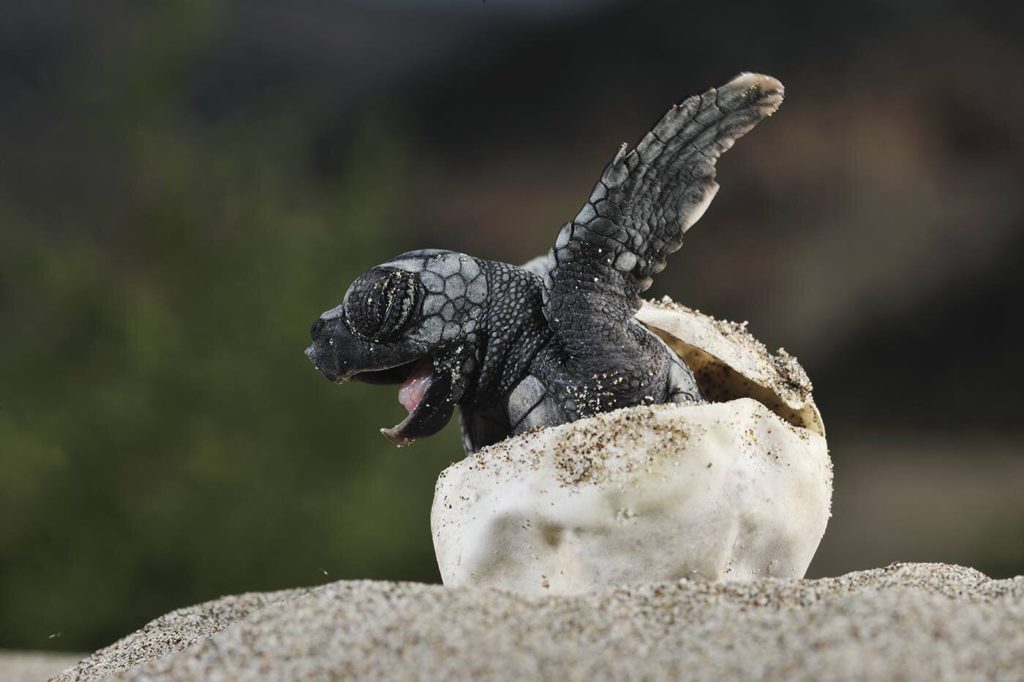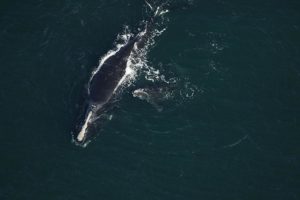Study finds ‘evolutionary trap’ causes young sea turtles to ingest plastic

The large amount of plastic in the oceans means that evolutionary adaptations which previously helped aquatic creatures live, are now having life-threatening consequences, reports The Guardian.
It’s estimated that between 4.8m and 12.7m tonnes of plastic entered the oceans in 2010, finds one study.
Sea turtles from hatchlings to those with shells under 50cm are most at risk.
Researchers in the UK and Australia looked for plastic in the innards of 121 sea turtles from five different species – green, loggerhead, olive ridley, hawksbill and flatback. Their findings were reported in the Frontiers in Marine Science. The turtles were from the Indian Ocean off the west coast of Australia, and the Pacific Ocean off the east coast of Australia, and were either stranded or caught unintentionally, according to The Guardian.
They found that almost all species contained plastic in their gastronomical tract. The only turtles that contained no plastic were the hawksbill turtles, of which only seven were examined.
The turtles found in the Pacific Ocean had the highest amount with 83 per cent found to contain plastic, accounting for 0.9 per cent of their total body mass.
One green turtle from the Pacific Ocean contained 144 pieces of plastic, more than 1mm in size.
The study also found that most of the plastic found inside the turtles was polyethylene or polypropylene, but it was not possible to determine the sources.
“Juvenile turtles have evolved to develop in the open ocean, where predators are relatively scarce,” says Dr Emily Duncan, of the Centre for Ecology and Conservation on Exeter’s Penryn Campus in Cornwall.
“However, our results suggest that this evolved behaviour now leads them into a ‘trap’ – bringing them into highly polluted areas such as the Great Pacific Garbage Patch. Juvenile sea turtles generally have no specialised diet – they eat anything, and our study suggests this includes plastic.
“We don’t yet know what impact ingesting plastic has on juvenile turtles, but any losses at these early stages of life could have a significant impact on population levels.”
MIN recently reported that some marine life could actually help rid the oceans of plastic.
The study was funded by the Sea Life Trust and the National Geographic Society.










